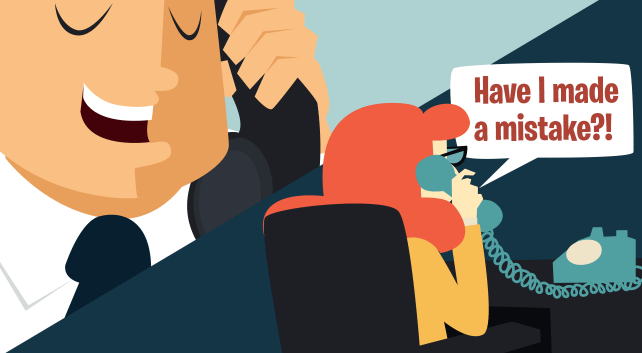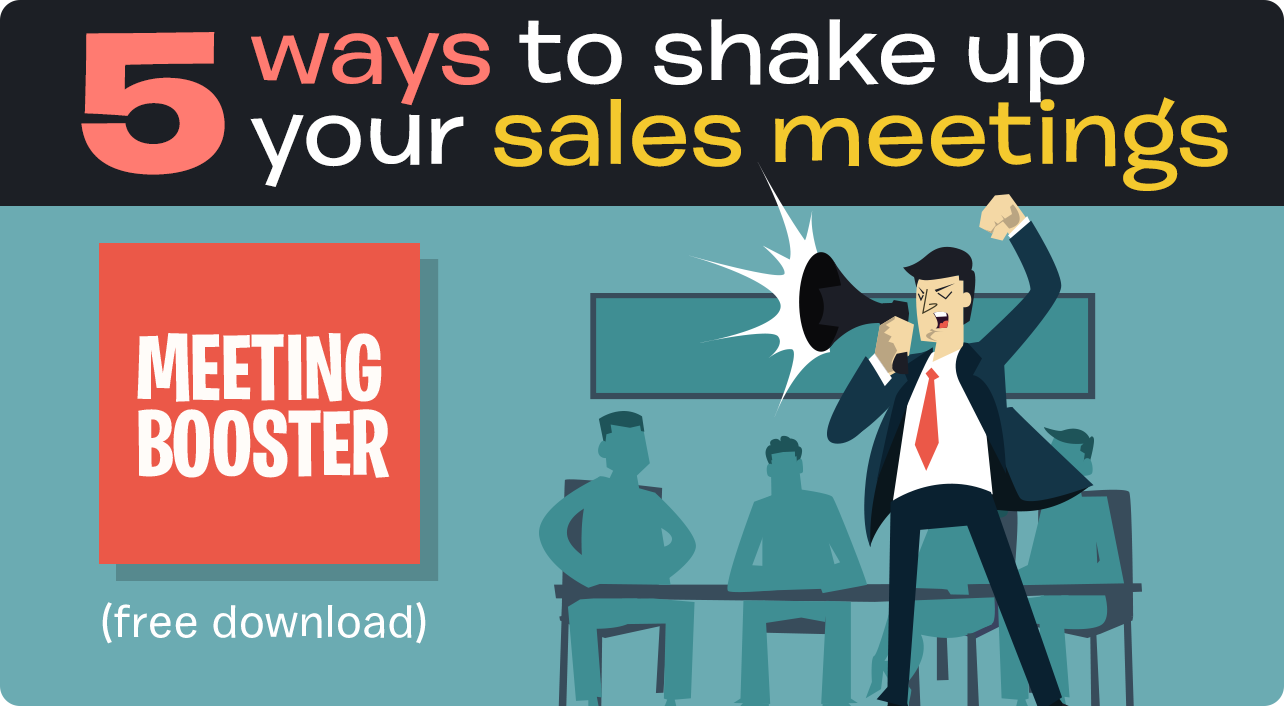- sales
- Blog post
Buyers experiencing remorse need a Dr. Feelgood ― you
You’ve heard the classic wisdom about avoiding buyer’s remorse: Build trust, inculcate value before the sale, so that afterward, the buyer won’t turn around and wonder whether he’s made the right choice, after all.
But that’s not enough to defang buyer’s remorse (which, appropriately, comes from the Latin for “bite back”). In fact, scientific research suggests that some degree of buyer’s remorse is almost inevitable, given the way the human brain works.
When people think about a happy event in the future – a dream vacation, a child’s wedding, a coveted purchase – the neurochemical dopamine floods their brains. As is usually the case with the brain, there’s an evolutionary, utilitarian explanation: Dopamine helps us move ahead with decisions by feeling we’ll be rewarded once we do.
But in a buyer’s head, that dopamine tide rapidly ebbs once the purchase is actually made. The person is left thinking, “What have I done?” That’s the bite of buyer’s remorse, in spades.
Anticipation over possession
Research from Stanford University describes the process. Volunteer participants in an experiment underwent an fMRI brain scan while playing video games in which they won money as a reward. The researchers measured blood flow and oxygenation levels in the volunteers first in anticipation of winning the money, and then in taking possession of it.
The market research company Kinesis summed up the findings this way: “The dopamine centers of the brain were activated more in anticipation of the reward rather than the reward itself, leading to the conclusion that customers get more satisfaction from anticipation of the purchase than actually taking possession of the product. This is probably the dominant cause of buyer’s remorse.”
So buyer’s remorse, at least the short-term version of it (see below), occurs in that space where anticipation has come to fruition and left the buyer emotionally high and dry.
What you can do
Fortunately, there are some things you can do to mitigate buyer’s remorse by reigniting that feel-good factor in your new customer’s mind. For instance, you can:
- Send a thank you note. This isn’t a new idea, but it takes on greater power when seen as a re-trigger of positive emotion at a time when the buyer is subsiding into a post-dopamine low.
- Send a bonus gift or add-on the person wasn’t expecting. Same sort of idea as #1, but on steroids.
- Contact the customer in an appropriate but short amount of time after the purchase to see how they’re faring.
It’s all about neurochemicals and emotion. They’re going to try to work against you after the sale, so you need to turn things around and make them work FOR you.
Short- vs. long-term
I mentioned short-term buyer’s remorse earlier, as opposed to the longer-term kind. Thing is, buyer’s remorse means at least a couple of different things. It applies to immediate, dopamine-linked regrets – the kind described in the research. But it also describes the conscious disillusionment that sets in over months as buyers come to grips with every product’s inevitable shortcomings.
The latter kind of buyer’s remorse, and its remedies, deserves a longer discussion in the future. But the tactics I’ve mentioned here, while calculated to mitigate immediate remorse, can also help with the longer-term variety.

Get a demo of all our training features
Connect with an expert for a one-on-one demonstration of how BTS Total Access can help develop your team.


